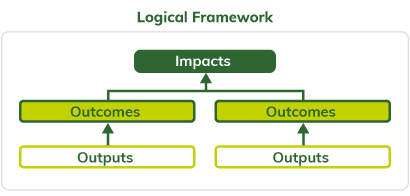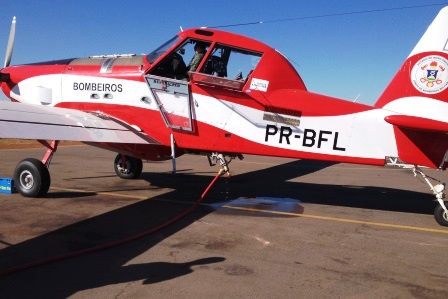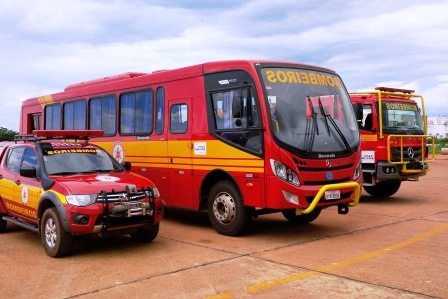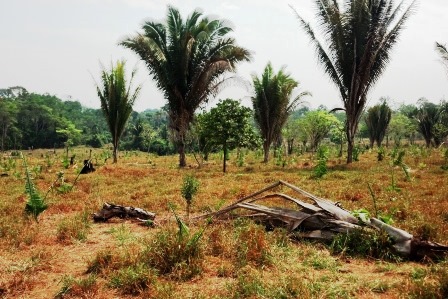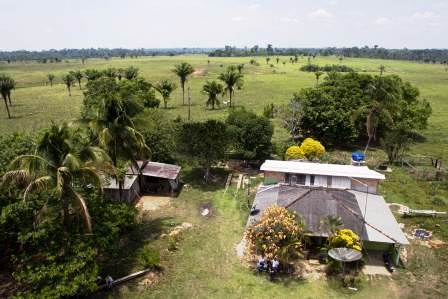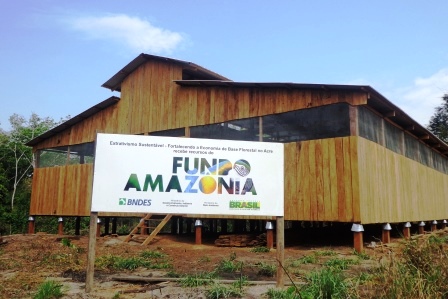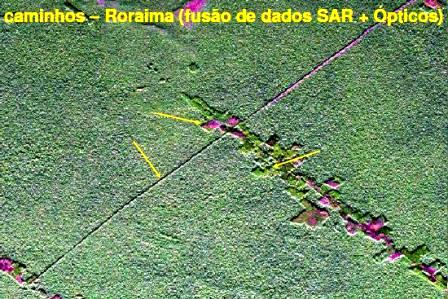ACTIVITIES CONDUCTED
The on-site mapping of the Brazil nut trees has been carried out with the support of local technical assistants who have been trained and have accompanied the Brazil nut trees in the mappings in the areas. 146 native Brazil nuts are exploited and have the maintenance supported by the project.
Regarding the process of regularization of Brazil nut trees, the following were carried out:
- the registration of 648 Brazil nut trees with the State Department of Finance (SEFIN);
- support for the issuance and regularization of a Declaration of Fitness for Pronaf (DAP) with the Executive Committee of the Cocoa Farming Plan (CEPLAC) and the Technical Assistance and Rural Extension Company (Emater);
- partnerships with credit unions (CRESOL and SICOOB) to open a bank account so that chestnut trees can receive the resources from the marketing of their products and State incentives.
For the flow of production, the project paid for the maintenance of vehicles directly involved with the production chains supported in all areas served and with the payment of production freight to the city of Ji-Paraná, as well as the loading and unloading of this production. Four quadricycles coupled with a cart with a capacity of 600 kg and an 8-meter boat were also acquired for logistical support by the technical team.
The delivery of 31 manual selection and drying tables was carried out; important structures to improve the phytosanitary quality of the nuts. Also noteworthy is the delivery of Brazil nut storage sheds.
For the dissemination of good practices, workshops and training courses were held, with the participation of 323 people (131 women and 177 indigenous).
The diagnosis of the administrative and financial capacity of the six associations directly involved in the project was prepared. A project development workshop was promoted, with the presence of 18 indigenous representatives from eight associations and an indigenous cooperative, as well as project technicians, enabling three of them to put their own projects into practice. The logo of the Associação Karo Paygap do povo Arara (Karo Paygap Association of the Arara people) was created through a participatory process that mixed indigenous knowledge and designs with the technique of design professionals.
For the addition of value to Brazil nuts, the following activities were carried out:
- construction and contracting of advice for the environmental licensing of the central warehouse in the city of Ji-Paraná that in addition to storing the nuts in natura and dried will benefit it in almonds;
- support to the Rio Branco IT processing industry with the acquisition of items from the electrical part to provide the installation of equipment;
- inclusion of forest peoples in institutional markets with access to two Food Acquisition Programs (PAA), one at the federal level via SEMAGRI/JI-PARANÁ and the other at the state level, via SEAGRI/RO;
- formation of working capital with the acquisition of Brazil nuts in the 2019/2020 harvest, totaling R$99,992.29. This harvest generated a production of 437 tons in the region served by the project and the revolving fund absorbed 6.5% of this total production, acquiring 87 tons of nuts in shell and benefiting 531 Brazil nut trees.
- contracting specialized consultancy to collaborate on the necessary adjustments to the certification process, as well as guide the elaboration of good practices in the production process, from collection to final processing.
In the component that deals with complementary income alternatives, we highlight the training in the production of cassava flour in the RESEX of the Cautário River, with the support of the Instituto Nacional de Pesquisas da Amazônia (Inpa), Instituto Chico Mendes de Conservação da Biodiversidade (ICMBio) e Associação Aguapé( National Institute of Amazonian Research (Inpa), Chico Mendes Institute for Biodiversity Conservation (ICMBio) and the Aguapé Association). The latter received support for the maintenance and purchase of fuel for two tractors from flour producers, in addition to the Brazil nut, rubber and other plantations.
For the harvest and commercialization of açaí, equipment, inputs and collection and management materials were purchased for the Rio Branco and Igarapé Lourdes and RESEX do Rio Cautário Indigenous Lands. Climbing workshop and good practices were held at Rio Branco IT. The acai management area is 11,276 hectares. About 20 farmers who started working with açaí received support to obtain the registration of a rural producer with the Secretariat of Finance (Sefin) to issue an invoice.
The revolving fund for the acquisition of rubber native to the RESEX and the native açaí of the indigenous lands was also established. 111 rubber plantations are exploited with support from the project.
A diagnosis was made on the Brazil nut chain in the state of Rondônia in partnership with the institutions that make up the Sectorial Chamber of Agroextractivism. It is also worth mentioning the participation in Amazonian discussion networks, such as the Rede Semear Castanha, which enabled the creation of a technological package that allows the Brazil nut tree to know its production cost and the Observatório da Castanha (OCA) (Brazil nut Observatory).
Activities were also carried out with different instances of the state government around and the Sectorial Chamber of Agroextractivism, which even resulted in Decree 23,408, of November 30, 2018, which provides for the granting of state registration to associations that carry out productive activities.


